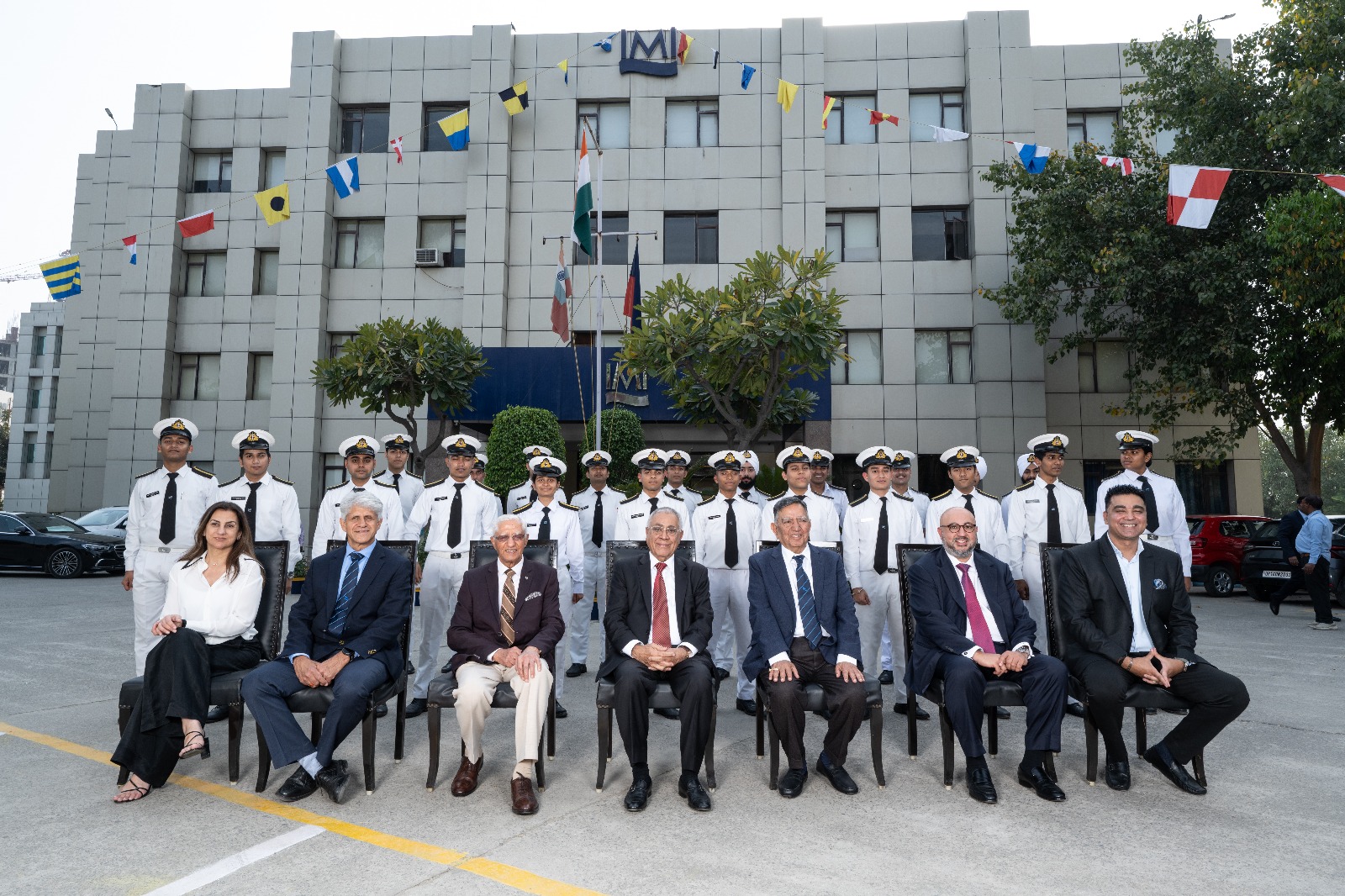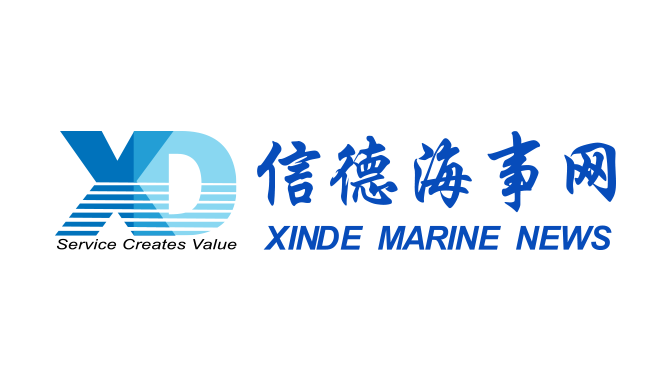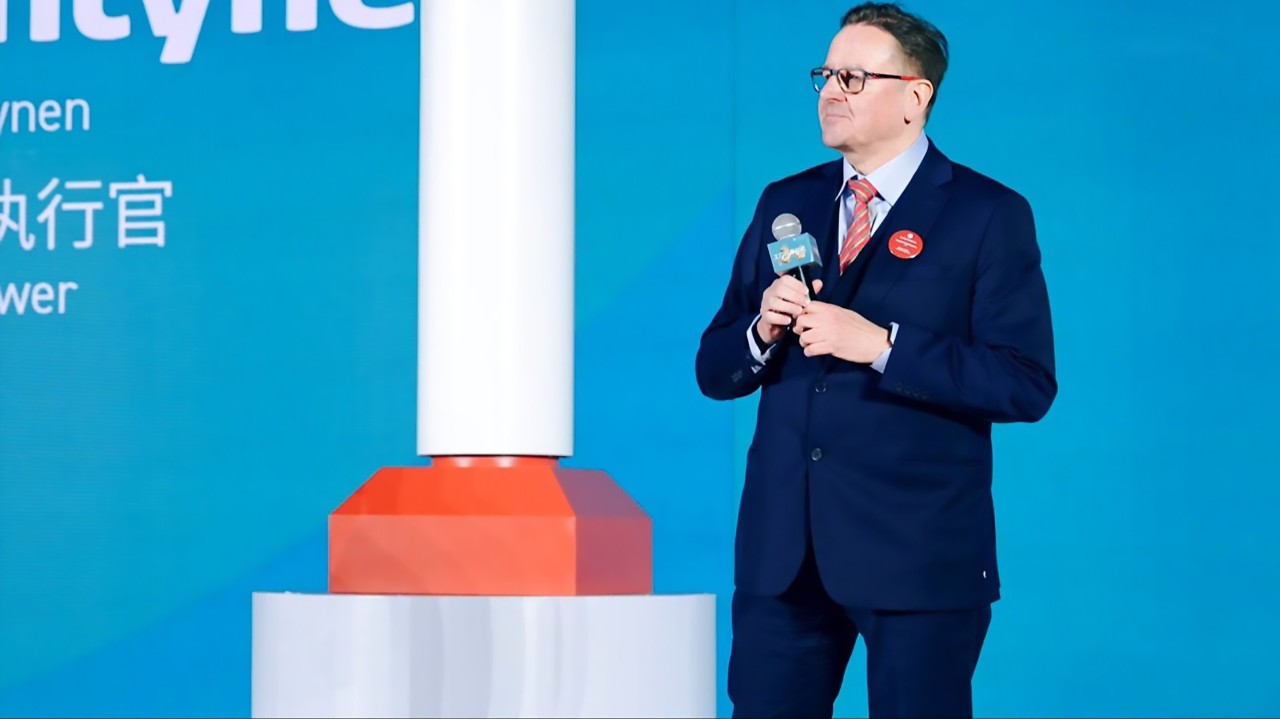
Covid-19 has deeply affected the world especially shipping industry this year. Crew change,regional economic development, operational challenges and the future map of companies are the hot topics in shipping industry under such situation. Xinde Marine News was very glad to have a talk with Mr. Sanjeev Verma, the Managing Director of Landbridge Ship Management (HK) Limited, who have told the growth strategies of Landbridge Ship Management (HK), the growth and challenge of HK ship management market, crew repatriation issues under Covid-19 and the future of ship management.
Xinde Marine News: Could you make a brief introduction of Landbridge and your growth strategies moving forward?
Sanjeev Verma: The Landbridge Ship Management (HK) Limited set up in 2018 as a subsidiary of the parent company Landbridge Holdings Limited in HK. The purpose of setting up this ship management platform was to manage our principal (Landbridge) VLCC tankers. Our principle, Landbridge, currently having 6 ships in the water, chartered to Oil Major, Traders, and leading pool partners. We provide full commercial, operations, crewing and technical management for these ships. We manage these ships from our HK based office with our crew from the Philippines, China, and India, with a strong and experienced shore team, with a collective over 120 years of shipping experience among our team. The core of our company to provide transparent and efficient ship management. We are working through a unified ERP solution that can cater to a seamless operation from anywhere. It was challenging to start a new ship management company to manage VLCC tankers, and we are scrutinized very closely by stakeholders. And, moving forward, we shall leverage our platform to provide third-party ship management services to other ship owners.
Xinde Marine News: How robust is the HK Cluster, and where are you seeing growth and challenges?
Sanjeev Verma: There are over 1800 ships managed collectively by the HK based ship management companies. The three out of top-10 managers operate from HK; this speaks about the strength and depth of ship management business in HK.
Hong Kong plays a leading role in the global shipping industry. Its vibrant maritime cluster brings together shipowners, ship managers, shipbrokers, ship surveyors, classification societies, and various related service providers, including financial institutions, insurance houses, law firms, and arbitrators. The proximity with three primary maritime human resources providing countries in proximity – Philippines, China, and India, within 6 hrs of a flight, there is a lot to offer from HK. The local Govt had taken several steps, including incentives for marine-related businesses, slashing of corporate rate tax for ship leasing firms and marine insurers, a shipping register with enhanced service capabilities, and a HK$200m Maritime and Aviation Training Fund. HK is likely to gain a new lease of life as part of the significant Southern China port cluster with enhanced integration with other cities under the Greater Bay Area (GBA) development. Under the GBA plan, it pledged to consolidate and enhance HK's status as an international maritime center and support HK's development of high-end maritime services such as ship management and leasing, ship finance, and dispute resolution services. However, HK has to face challenges from low-cost operations in Shenzhen and Guangzhou. Still, we firmly believe that HK will maintain its unique position in ship management in the coming decade.
Xinde Marine News: I heard that HK government has further tighten the testing and isolation arrangement for crew members. So to what extent has the crew repatriation issue affected your operations. How have you resolved the situation, and what lessons learned? Why and what should be done to resolve the situation?
Sanjeev Verma: The HK ship operators had joined under the auspices of the HKSOA (HK Ship Owner's Association) to press the HK Govt. to augment the reputation of HK as a leading maritime hub and thus, on 8-June, HK introduced the permission for crew change into HK waters for international ships. The crew change crisis aside; the ship managers have not faced any significant disruption to operations. We have made significant crew changes possible in China, Manila Bay, Singapore, Fujairah, India, Suez, and Gibraltar. The lesson learned for us during this entire process is to prepare and execute plans as soon as the crew is close to their contract, don't wait and waste time in letting them complete their full contact or maximum time allowed as per the MLC (11 months) and then start making plans. We realized that keeping a human face and empathy with every seafarer was a key to control the situation and attain success.
The subsequent waves of local Covid-19 cases had forced the HK Govt. to suspend the crew change permission on 10-July for ships calling HK just for the crew change calls; there has been a constant dialogue between HK ship owners, managers, other stakeholders, and the Govt. We hope that the Govt shall accept a more robust and revised guidelines/SOP to allow crew changes from HK.
Xinde Marine News: How have you dealt with the worsening situation following COVID? What other operational challenges has COVID thrown up, and what have been your solutions?
Sanjeev Verma: We started planning our crew changes as early as February and March 2020 when our ships were calling ports. Soon in early April, we started rolling out various measures, such as contacting crew member's families back home, providing free calling cards to seafarers, increasing onboard free WiFi speed, increased salaries to those who had completed their contracts, adding funds for crew victualing funds, increasing weekly contact between ship and shore's top management, were several steps taken by us to start managing the situation early on. We also added psychological help from professional doctors under "Remote Medical Assitance" to our seafarers to speak to experts as early as they start feeling low. We managed to intervene in time though these shore experts and manage the entire situation well. We could manage to get every crew member off from our ships before they completed their maximum time, as per the MLC, onboard. There was just one seafarer who had done over 12 months in the entire fleet of 125 seafarers onboard. It was only possible with good planning, keeping various options, and executing each of them meticulously to ensure that our priority remains to execute crew change at any cost. A tireless effort from our shore team, manning agencies, and ship agencies had made this possible to complete the crew change in this most challenging time.
The other challenge was the lack of physical vessel visits by our shore team; well, this challenge had added some benefits. We learned to manage our ships; you don't have to travel all time; you can manage them with remote inspections and audits. As we advance, I don't think remote inspections will be the norm. We still have to visit ships after all; however, we will see new ways of working once we can travel, incorporating the benefits of physical visits and the preliminary remote inspection. We will have to be careful about how many and when we would be visiting our ships to ensure that managing ships remains with our seafarers. We don't take them back again in our offices by doing a micro-management.
Working away from our desk was the usual norm for the superintendent and managers when they were supposed to be working while traveling. However, during this Covid-19 time, we all work virtually and efficiently for everyone (from junior most assistant to topmost position). The shipping remains the most resilient business, and Covid-19 time had proved it again.
Xinde Marine News: What is the future of ship management?
Sanjeev Verma: In my view, ship management's future lies in using technology to offer transparency and service to manage the shipowner's assets. We need managers, not just ship managers or technical managers, but also need analysts, IT experts, and HR specialists, who can work as a team to provide the best assistance to the seafarers, who can then keep our ship running safely.
The opinions expressed herein are the author's and not necessarily those of The Xinde Marine News.
Please Contact Us at:
media@xindemarine.com


 Dr. Harry S. Banga and Mr. Angad Banga of The Carav
Dr. Harry S. Banga and Mr. Angad Banga of The Carav  Liberian Registry Welcomes Kyle Hurst as Senior Vic
Liberian Registry Welcomes Kyle Hurst as Senior Vic  KATALIST: Accelerating Green Shipping through Innov
KATALIST: Accelerating Green Shipping through Innov  Revealing the risks: digital solutions for complian
Revealing the risks: digital solutions for complian  Beibu Gulf Port Chairman Zhou Shaobo Passes Away at
Beibu Gulf Port Chairman Zhou Shaobo Passes Away at  Exclusive Interview with Norsepower CEO: Bringing S
Exclusive Interview with Norsepower CEO: Bringing S